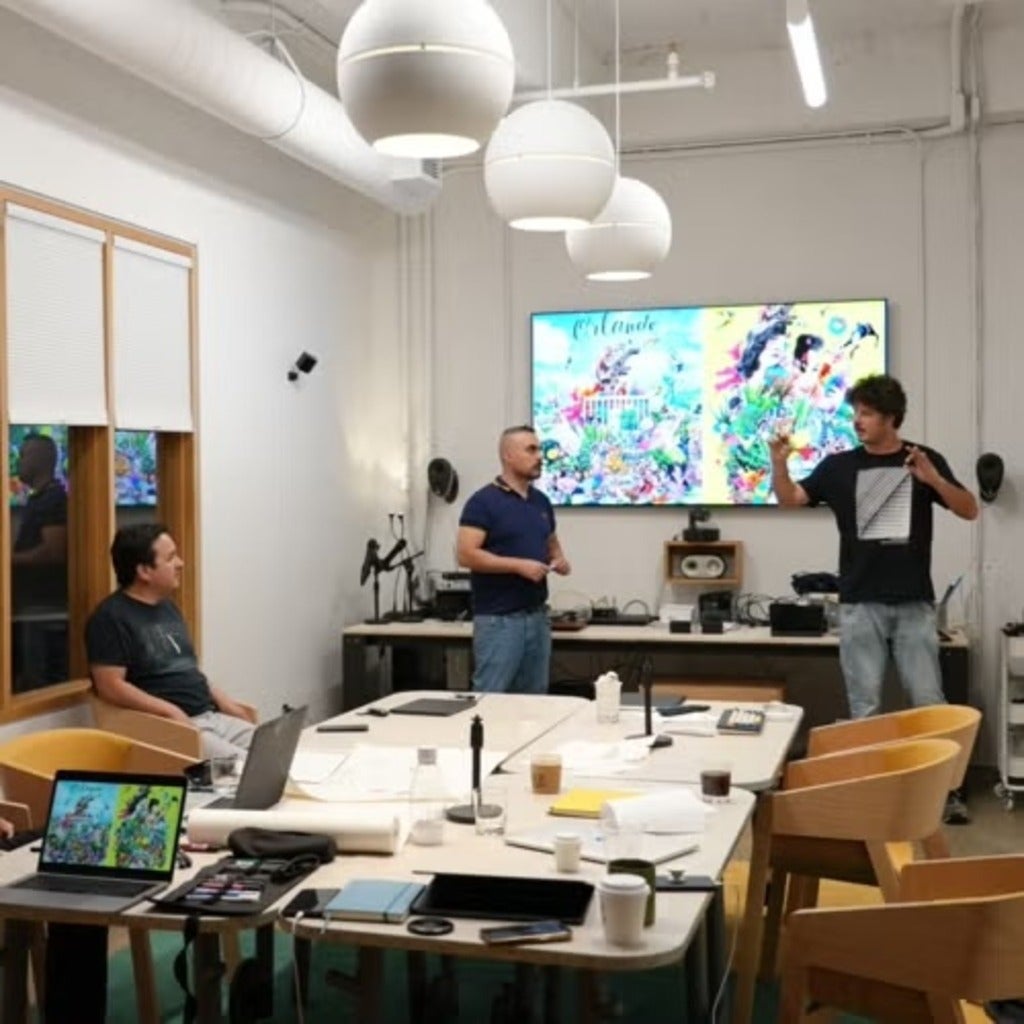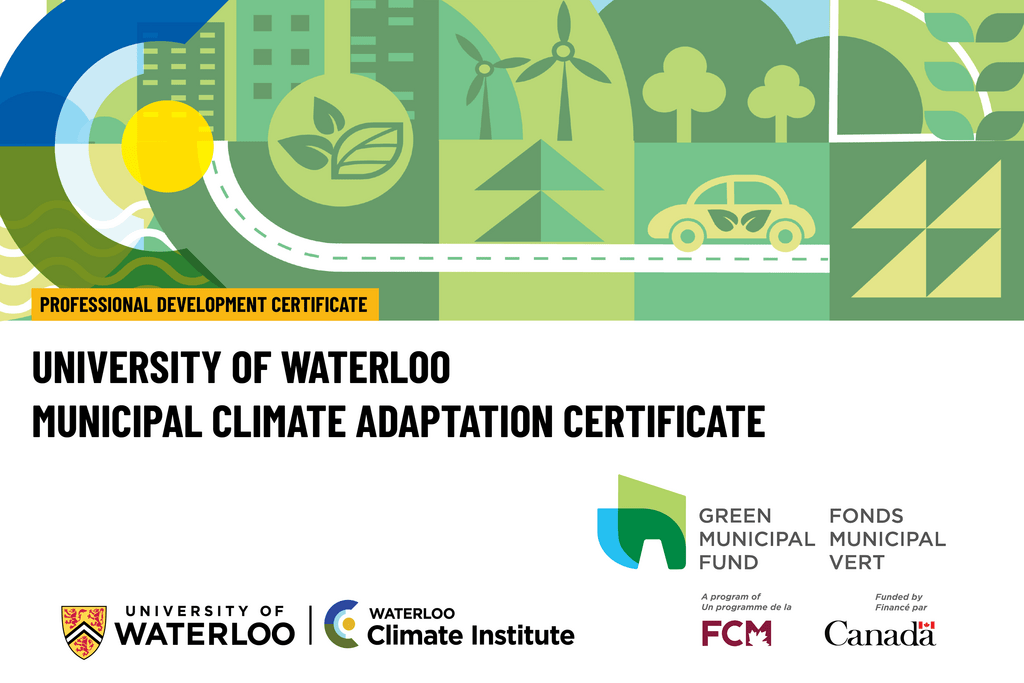National Forum Explores Climate-Ready Education for Future Professionals
From February 2 to 5, 2026, the Climate Institute convened nearly 300 participants for a national virtual forum, Designing Climate-Ready Education for the Next Generation of Professionals. This was the second national forum under the Accelerating Climate Education for the Next Generation of Professionals (ACE) project.









